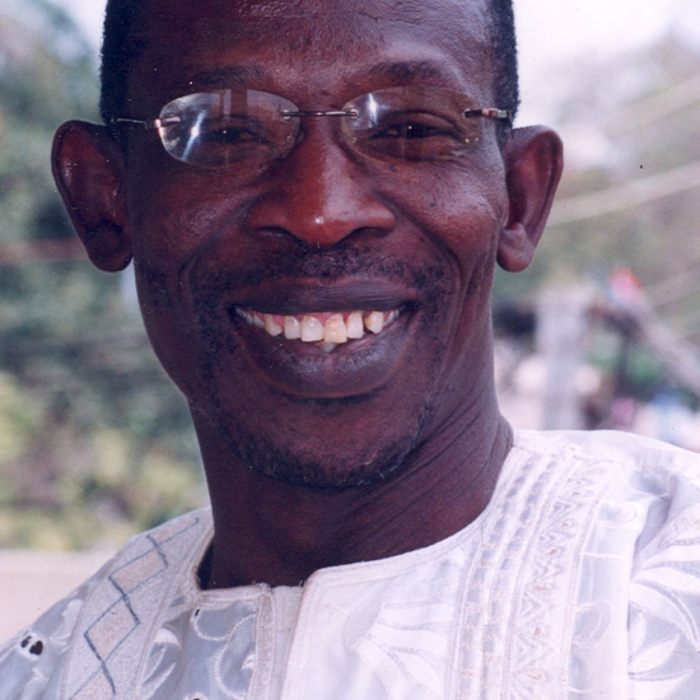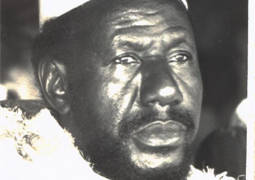
The Department of Information Services in partnership with UNICEF under the Media Support to Advocacy Programme Monday opened a two-day training session for journalists in the country on the United Nations Convention on the Rights of the Child, UN-CRC, and ethical reporting on children.
The training held at the TANGO conference hall in Kanifing is being attended by media practitioners from both the print and electronic media.
Speaking at the opening ceremony, Malick Jones, deputy permanent secretary at the Ministry of Information, said the workshop was organized through the Media Support to Advocacy Programme, a component under the Gambia Government-UNICEF funded Country Programme 2012-2016.
Being implemented by the Department of Information Services, the programme aims to actively involve journalists in national advocacy efforts, in order to create visibility through the media on the situation of women and children in The Gambia, he said.
The Media Support to Advocacy component seeks to strengthen the capacity of media practitioners to effectively disseminate progress, achievements and gaps relating to child’s rights, child protection and the equity agenda, he added.
“Your role as media practitioners in the implementation of the Media Support to Advocacy component cannot be over-emphasized. This is because the media can serve as a powerful tool in supporting advocacy efforts for children and women by creating a strong programme for visibility, focusing on the achievements and the remaining gaps,” he said.
He added that these evidence-based findings could be used by the media in their advocacy efforts, to develop key messages targeting policy and decision-makers, community leaders, on issues negatively affecting the vulnerable segments of the population.
According to Mr Jones, the Committee on the Rights of the Child believes that the media, both print and electronic, play a crucial role in efforts to realize the principles of the convention.
However, he emphasize that the media should not put children in harm’s way while reporting on them and their issues.
He said their integrity should be protected when reporting on their involvement in criminal activities, sexual abuse and family problems, among others.
Sally Sadie Singhateh, UNICEF communication specialist, said the training activity was timely, because The Gambia would join other countries around the world to launch the UN Sustainable Development Goals (SDG) at national level, following the global SDG adoption summit taking place this month.
She disclosed that UNICEF and the government would launch UNICEF’s flagship report, State of the World’s Children 2015, which would explore different equity-focused initiatives that would create and increase access for the most vulnerable children.
She said in protecting children, The Gambia had domesticated the UN convention on the rights of the child into the Children’s Act in 2005, which safeguards the rights of children in every aspect of their lives and development.
There are still children who are dying from preventable diseases, who are out of school, hungry, abused, neglected and endure other forms of violent acts imposed on children, she said.
These are some of the issues that the SDGs intends to address using innovative approaches, she added.
By working with partners, the media could place the public spotlight on the situation of these vulnerable children and the responsibility of each player, from the government to development partners such as UNICEF, and from parents to children, in meeting the SDGS, and particularly targeting vulnerable children.



